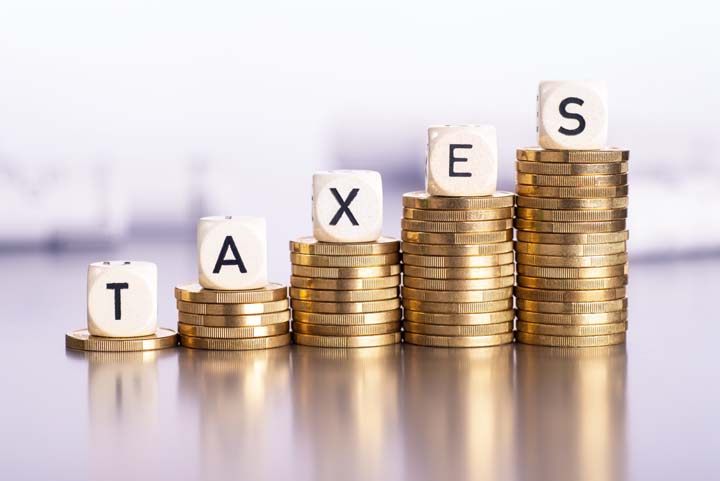Corporate Tax Hike Will Mean Higher Energy Prices for Families and Businesses

It’s not a welcome prospect considering those still struggling with unpaid utility bills as a result of the COVID-19 pandemic, but if Congress passes President Biden’s proposed corporate tax hike, Americans will be paying more for energy. According to the U.S. Chamber of Commerce, with prices having risen sharply in recent months, “higher energy bills will further strain families’ finances now and well into the future.”
Based on a Chamber of Commerce report, the president would raise the corporate tax rate from 21% to 28%. While this is not a direct tax hike on private citizens, technically, this move would break his pledge not to raise taxes on Americans with income less than $400,000. This is because electricity and natural gas distributors are regulated utilities that must pass on increased costs directly to their customers.
A Game of Numbers
Electric, gas, and water companies must get their billing rates approved by the respective state utility commissions. When the 2017 Tax Cuts and Jobs Act cut the corporate income tax rate from 35% to 21%, utility companies worked with state officials to pass along the tax savings to customers. Such savings typically come in the form of a rate reduction, a bill credit, or a reduction to an existing or planned rate increase.
If the past is any indicator, however, it can be assumed that if the tax burden of utilities goes up because of a higher corporate tax rate, these utilities will ask regulators to pass those increased costs on to customers. In the past, most regulators have granted such requests. The Chamber also points out that many utility rates are set formulaically, which will automatically build in the recovery of increased tax rates from utility customers.
A recent report released by Americans for Tax Reform indicated that energy customers in 38 states would face higher energy bills under President Biden’s plan. This would amount to an increase in utility bills in the wake of COVID-19 forbearance policies that are now forcing utility customers to catch up on unpaid service charges.
Post-Pandemic Complications
As the nation recovers from the pandemic, Americans would prefer a return to normalcy. Some now have money to spend on things that were often unavailable over the last 15 months. Financial forecasts predict that many Americans who were able to save money during the pandemic will be spending a lot on these activities and services, thus bolstering robust growth into 2022.
That spending could lead to increased demand and higher prices in some sectors, which may be short-term as supply and demand normalize. However, higher energy prices that would result from a higher corporate tax rate will not be short-term, as those higher energy costs will persist as long as the increased tax rates remain in place. Unfortunately, this will impact lower- and middle-income Americans most severely.
While some families have started to spend down the savings they amassed since the pandemic began, higher energy prices driven by higher tax rates will deplete those reserves faster. When those savings are gone, higher energy prices will start to impact their budgets even more, and in a long-term fashion.
